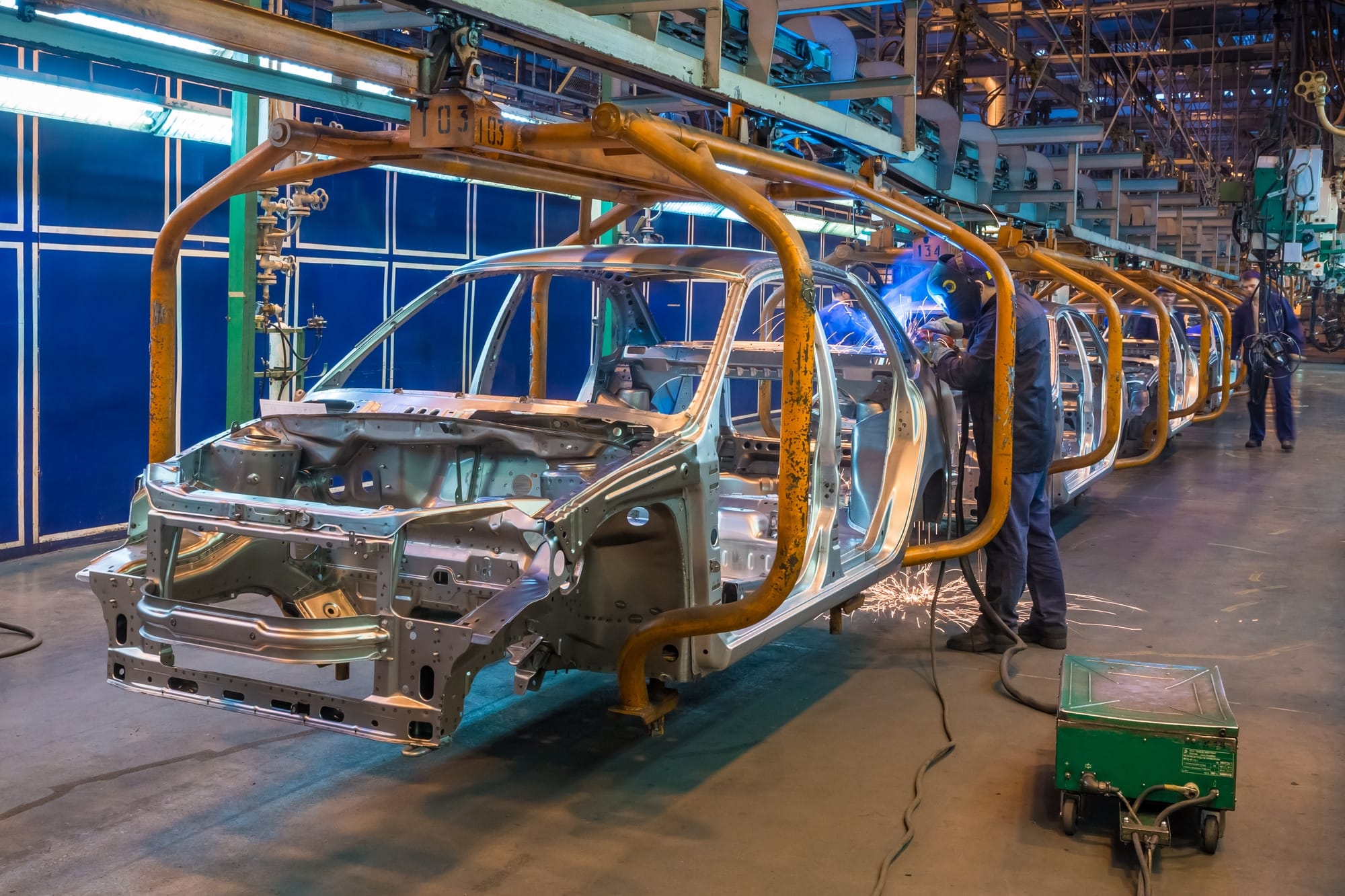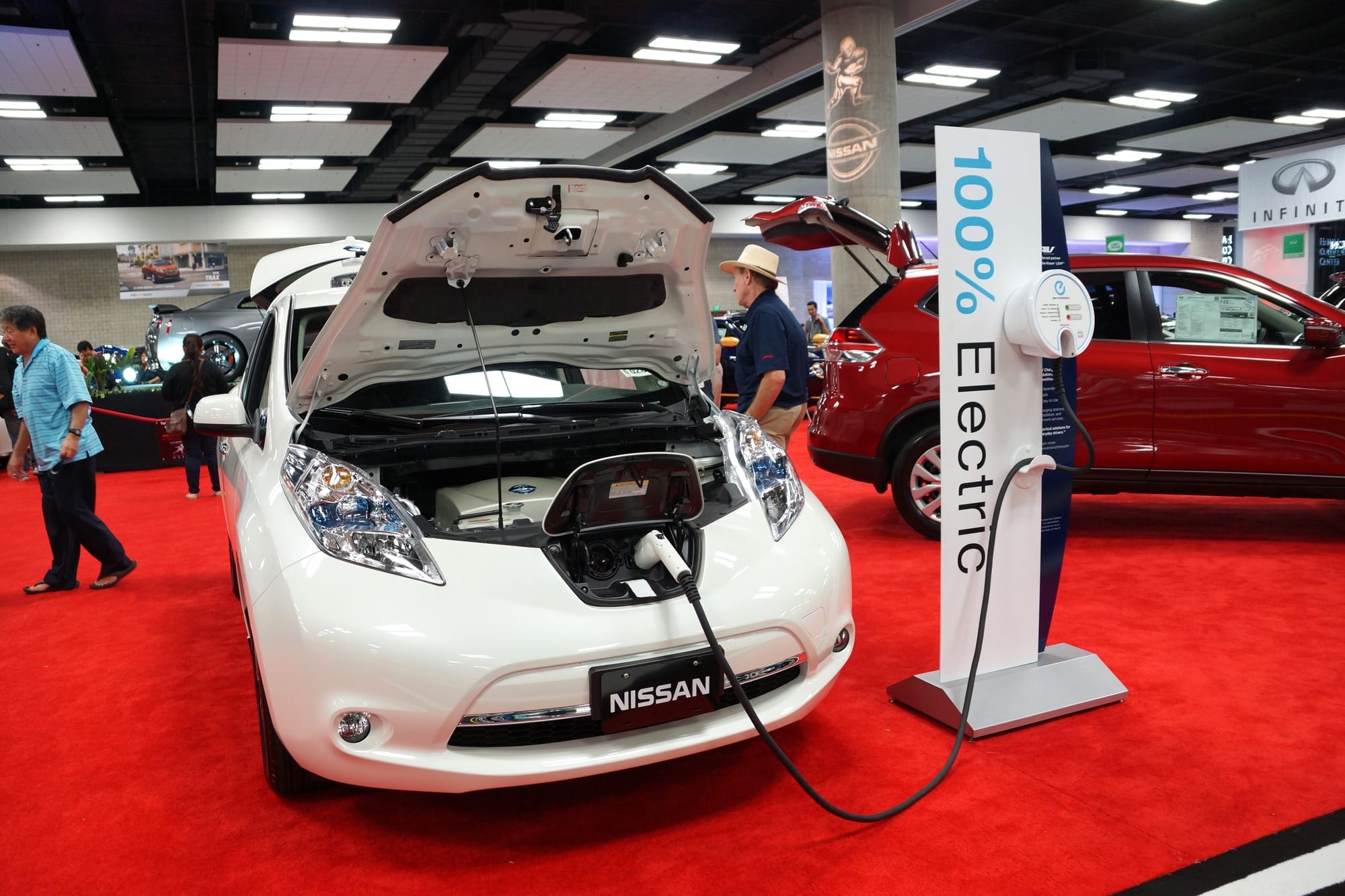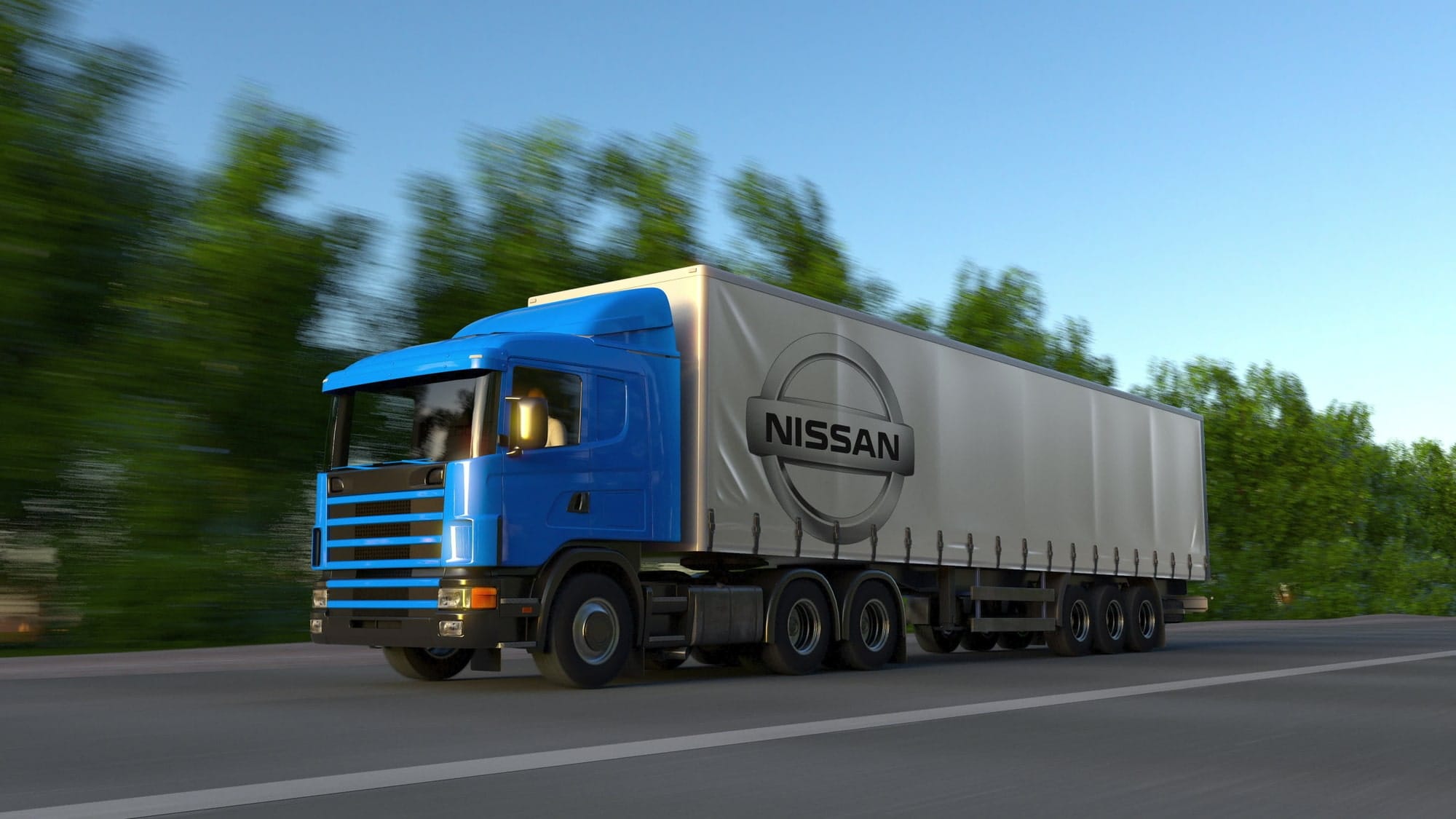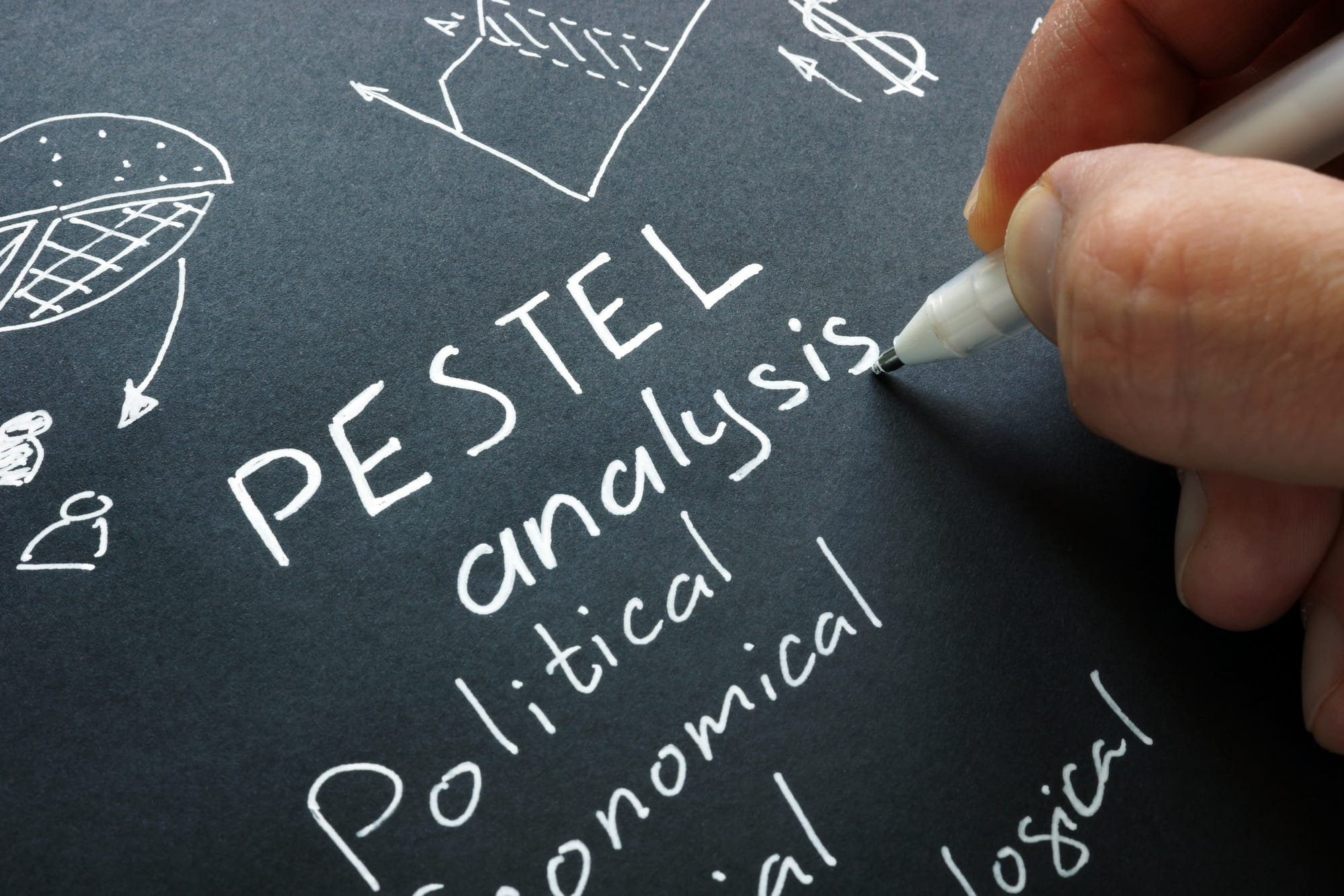There are so many car brands existing in today’s world. It often gets overwhelming to keep up with all of them yet there are a few names that suddenly come to mind. Nissan is one of them. They have a variety of amazing cars for various income groups; something for everyone. Hailing all the way from Nishi-ku, Yokohama, Japan, the company has been in an alliance; Renault–Nissan–Mitsubishi Alliance since 1999.
Currently, the brand is headed by Yasushi Kimura who is the chairman, and Makoto Uchida who is the CEO as well as president. Their product lines include Automobiles, luxury vehicles, commercial vehicles, outboard motors, forklift trucks they serve worldwide and as of 2020, they have produced 4,757,000 units.
Two Japanese car manufacturers; Nissan and Mitsubishi, have joint forces with France’s Renault. As a result, Nissan has shares in both of these companies; a 15% non-voting share in Renault and a 34% controlling share in Mitsubishi.
Currently, Nissan enjoys being the market leader in China, Russia, and Mexico. In 2018 they also had the honor of being the world’s largest manufacturers of electric vehicles. They managed to sell more than 320,000 of these vehicles all around the world.
We can go on and on about the various achievements Nissan has under their belt, but are they actually as sound as they appear to be? The following Nissan PESTLE analysis aims at finding just that; how strong is Nissan in a macroeconomic perspective?
Political Factors
Politics make the world go round. They single-handedly exert a huge deal of influence on every aspect of our lives. Nissan too is no exception to the effects of politics especially because they are a global company serving a multitude of regions.
In 2019, Nissan took a sudden U-turn by shifting the production site of their then latest sports vehicle back to Japan from the UK. This happened partly because of the uncertainty that Brexit brought with it back then and partly because the diesel market was not doing so well at the time.
Back then Carlos Ghosn was the CEO (resigned in 2017) and he came under serious hot waters when he got arrested for understating his salary and for the utter misuse of company assets.
Experts believe that he also contributed to the sudden shift out of the UK because he was in favor of taking the business over there in the first place.
Recently they have faced some losses (explained in the economic section) due to which their alliance with Renault is strained. They are not bringing enough to the table but the alliance still is intact.
Speaking of the alliance, they faced some issues in 2019 as well because Nissan wanted a bigger chunk of the share yet Renault was unwilling. Nissan was under the belief that the overall ownership leaned more towards favoring France.
Previously, Nissan supported the automobile policies administered by Donald Trump in the USA but recently they have denied him any support because they favor Biden’s policies which are more tailored around environmental preservation and curbing climate change.

Economics Factors
The Covid-19 pandemic has been a huge problem for everyone including businesses. Nissan also, unfortunately, got severely hit by the virus.
Nissan has been facing huge losses. Ever since the pandemic, Nissan has struggled to generate profits. Last fiscal year they reported that $15 billion USD was lost. This year, the owners are expecting a further loss of 60 billion yen which equals to $545 million USD.
It was because of the pandemic the company had also had to shut down their manufacturing plant in Barcelona, Spain in 2020. This led to huge protests in Spain due to the sudden shortage of jobs. Their demand also took a hit during the year by a whopping 62% reduction.
Despite being swarmed with issues in the post-pandemic world, they still are nowhere near to giving up. In their fiscal report released this year, they have reported having sold 1,048 thousand vehicles resulting in a revenue of 2,008.2 billion yen.
So it can be commended that despite the huge blow to the company’s profits, they are still not afraid and are trying their best to return the brand to its former glory.

Sociocultural Factors
When we say a company is global, Nissan truly fits the bill because it is everywhere. Nissan serves people belonging to a variety of income classes and they offer many different products ranging from simple cars to SUVs and electric vehicles as well.
Because they are such a huge corporation, they have to be very aware of the importance of diversity and culture. Nissan values the insight from different people from different cultural backgrounds.
They have proper training programs for new hires so that they become more learned in dealing with different people. They even have an e-learning system in place to bridge the gap between various cultures.
Despite their claims of being super-inclusive, they did become a part of a controversy in 2017 when a couple of their American branches were accused by their workforce to be racist. The union workers even held a huge protest.
Nissan is notorious for listening to the concerns of all of their employee groups around the world, but the protesters believed that two places were an exception to their acceptance; Mississippi and Tennessee where the majority of the workforce consists of black people.
They also have been known to be associated with Breitbart for their advertising; this company is known to be associated with white nationalist ideas.

Technological Factors
What even is the value of a car company if it isn’t technologically innovative? Currently, Nissan is working on what they call “ProPILOT” technology.
What the ProPILOT does is that it kind of optimizes your car in terms of the commute needed to be taken, the playlist control, and highway driving. It acts just like a hands-on driving assistant as described by the company.
It has sensors and cameras which detect the distance present between yourself and the vehicle in front of you thereby giving the driver's seat much-needed space. This distance can be tailored according to your liking in the settings.
The car will also have the ability to slow down or even halt when faced with an obstacle such as a pedestrian or another vehicle on the road. This feature is very useful when the driver is faced with sudden changes on the road.
They are also meddling with formula racing. They have developed technology as a part of the program Nissan Brain which can analyze the brainwaves of the racers to better see how their anatomy works during all the action.
The ultimate idea is to help these racers improve their performance. It can also be an excellent basis for training upcoming racers with the best practices.
Legal Factors
Legal issues can surely be the moldy cheese in a business’s refrigerator of prosperity. Unfortunately due to the company’s scandalous and troubled past, they are still facing issues to this day.
As mentioned above in this article, the former convicted CEO Carlos Ghosn has done more damage to the company than money laundering. He has hurt the name of the brand due to which many overseas investors are very adamant about backing out.
Not only the tarnished name, but the fact that these people lost money as a result of this crime completely took their trust away. They might have been able to get over the ex CEO being this way had they had their own assets secured.
After all, money is the most important element of any business.
In this group of investors, many from Britain, Germany, and the US are demanding that the company pay them a total of around ¥34.4 billion which is equal to $315 million for some compensation of the damages that have been incurred to them. They have filed a proper lawsuit.

Environmental Factors
They may be struggling in some of the other factors but when it comes to environmental efforts for promoting sustainability, Nissan has been doing very impressive work.
Nissan has been releasing an annual sustainability report ever since 2004 because they want to be as transparent as possible with their operations and activities.
In this year’s sustainability report, Nissan has highlighted how they plan to ensure complete sustainability for the well-being of the people associated with their supply chain, for achieving carbon neutrality, and for protecting the environment at large from their activities so as to conserve natural resources.
They also have a Nissan Green Program which as the name aptly suggests aims at reducing their impact on the ecosystems. They have ventured into electric vehicles to curb air pollution.
In 2018, their electric car “Leaf” was named as the world’s best-selling green car at the New York International Auto Show. It was the first 100% electric vehicle to be a recipient of this award.
This green program is aimed mainly towards keeping our lands, water bodies, and especially the air as clean as possible, because regular cars pollute these resources endlessly.
In the UK, as of 2021, they have invested £1 billion to make a hub for manufacturing electric cars to actually start a proper sustainability ecosystem for vehicles. This initiative will surely help them achieve carbon neutrality much quicker.
If this was not enough, they will also provide a fleet of 100 percent electric vehicles for the upcoming Virgin Money London Marathon as their official automobile supplier. Two of their electric cars namely Leaf and e-NV200 will be used for this purpose.
Nissan PESTLE Analysis: Final Thoughts
If you have reached this point in the article we are going to make an assumption on your behalf that you now know the brand Nissan better than you did before.
No matter how sound a business appears to be, you can only truly appreciate it for its reality after studying it with careful analysis. The PESTLE revealed to us that even though Nissan seems to be doing well, they have certain troubles.
The biggest fall in terms of business happened after the pandemic when they lost revenue. Then the ex-CEO turning out to be a criminal mastermind didn’t do them any kindness; they have nasty lawsuits and a tarnished reputation to deal with.
The racism scandal was very bad as well. If people in 2021 still feel prejudiced at the hands of a corporation then it is truly sad.
Despite all of the things which are horrible, they do have good things happening as well. They are still a part of a very strong alliance.
They are doing wonderful work for environmental sustainability and they have the technology to make some of the world’s best electric vehicles.
All in all, it can be said that they have many issues to cater to, but Nissan is here to stay for the long haul.

A PESTLE analysis is basically a tool of macroeconomic nature which is used by experts and learners alike to analyze and accurately comprehend the status of a business entity, an industry, or even a country at large.
In this day and age when globalization is the norm and global boundaries are blurring out ever so vastly, it is imperative that we are able to analyze various businesses and countries. Knowing how to conduct a PESTLE analysis can help you in doing that.
If you know any, or you are one potentially, investors can benefit a lot from this information. If you have never formally worked on it before, try using a template to get a grip.
However, if you have worked on this tool before, then you might as well just go right ahead and conduct a PESTLE of your own. Might we suggest you look out for a PESTLE analysis framework before you start?
This framework makes life ten times easier. It allows you to compile your findings and data in a very concise, clean, and easy to read manner. Best of luck with your analysis!










